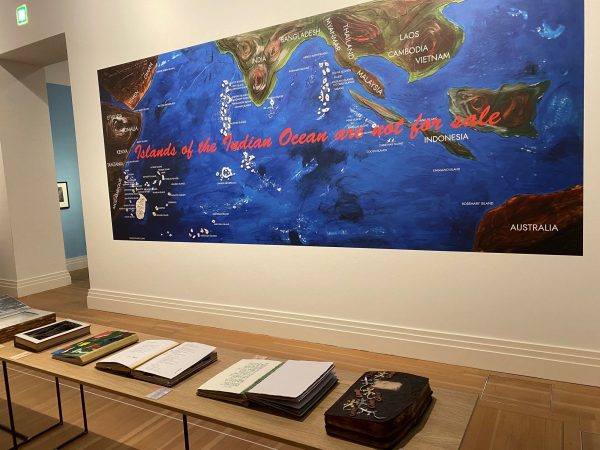The essays written by Montaigne in the 16th century have re-established a way of writing on philosophy in short digestable small essays. These short essays became very popular at the time and the new technology of the 16th century invented by Gutenberg, the printing press, facilitated the wider spread of literature. Even Montaigne himself re-wrote on printed versions of his own work. The early adoption of the printing technology helped to spread literature in your own mother tongue rather than only in Greek or Latin for the clergy. Montaigne’s format of rather short notes, without a huge masterplan or encyclopedic approach, took readers along on the journey of scepticism, think on your own. Enabling the reader, how to doubt received wisdom, became an important milestone in the history of ideas and philosophy. Referring back to Seneca for example is also interesting as this Greek philosopher dealt with the topic of wisdom in his later life combining knowledge from different different scientific disciplines. Free independent judgment and the ability to argue and take different perspectives became later known as the foundation of relativism. It is still an important way to enable people to take and defend their own perspectives, just like the critical version of colonialism in the exhibition “Indigo waves“. Lichtenberg’s Aphorisms are another example of the independent mind writing down his ad hoc impressions as pieces of larger picture or puzzle. The literary puzzle needs several attempts to assemble the thoughts. Common to these writers is the freedom of thought and expression, still not a given in many parts of the world today. I would probably imagine the doubt as the origin independent thinking. “I doubt, therefore I am” would do much good not only in totalitarian countries. Rediscovering the usefulness of doubting as foundation to take new perspectives and to find new solutions is worth it. 

